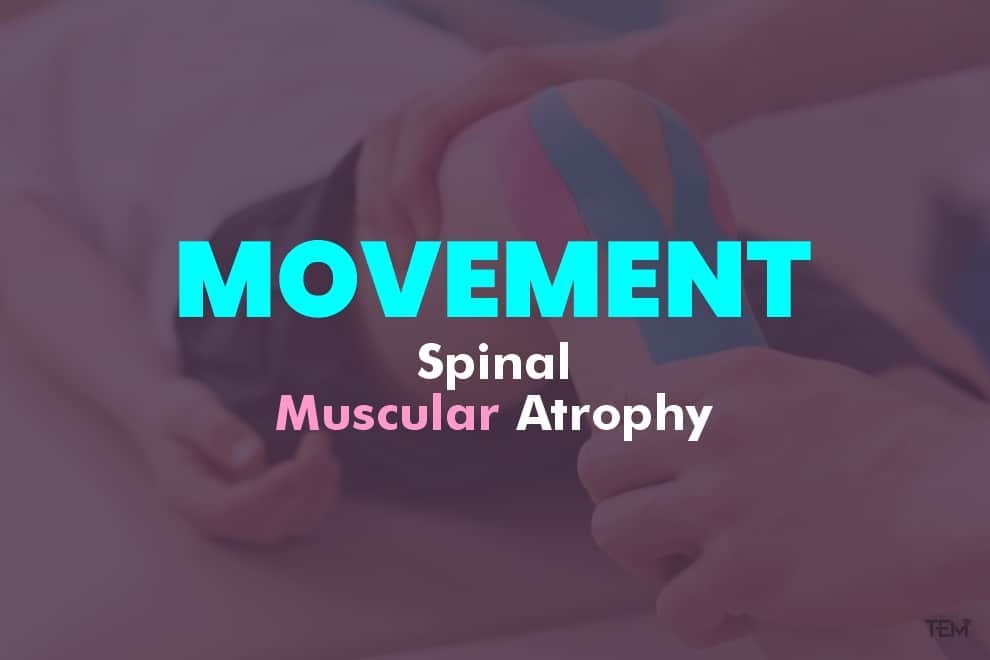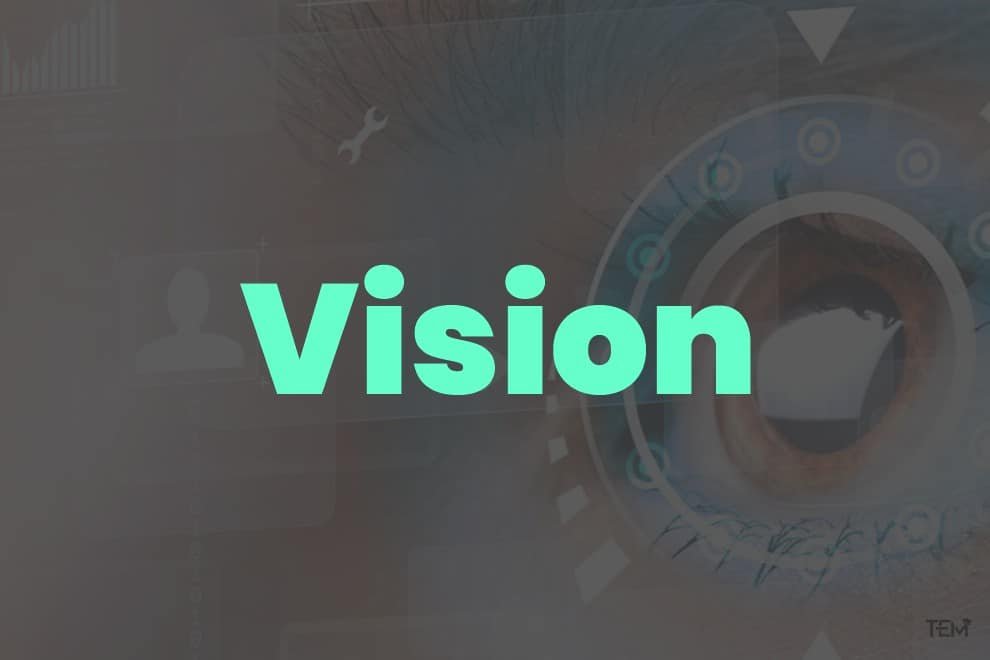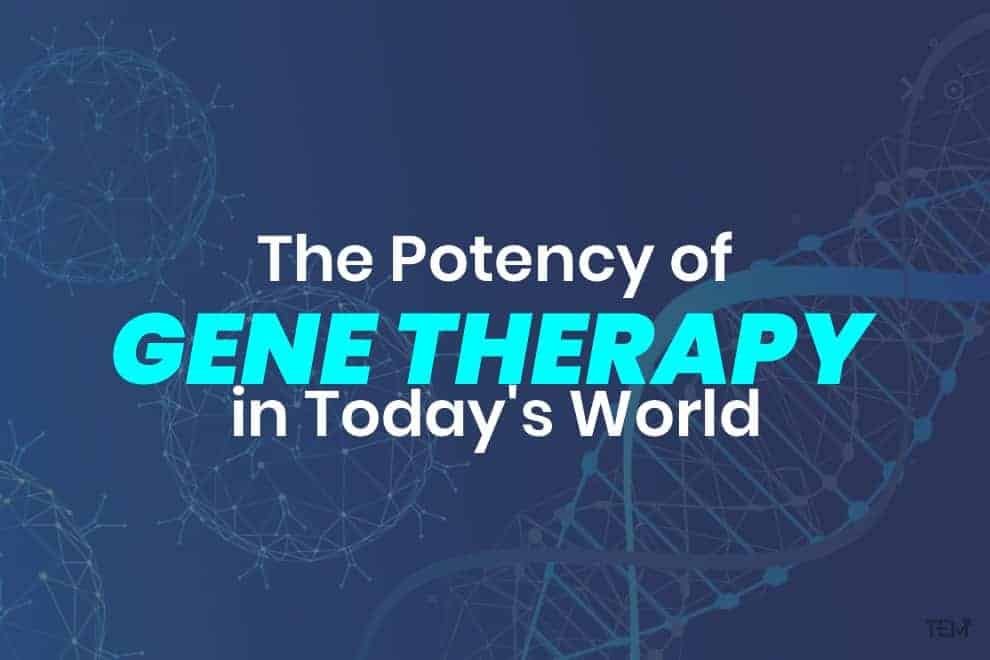The technological transformation over the past couple of decades has significantly altered almost every industry. New technologies are catering to the changing customer needs day in and day out. The Healthcare industry too has been a part of this transformation. Numerous new technologies have emerged as revolutionary ways to diagnose and cure several invincible diseases. Gene therapy is one such technology that involves altering the genes inside the body’s cells in an effort to treat or stop diseases. The therapy replaces a faulty gene or adds a new gene to cure diseases or increase the body’s ability to fight diseases.
Where it is being used?

Gene therapy can be applicable in treating several diseases including,
-
Cancer:
Several different efforts are underway to use gene therapy for the treatment of cancer. Some types of gene therapy aim to boost the body’s immune system to attack cancer cells, while others are designed to attack the cancer cells directly.

-
Movement:
Researchers recently developed the first US-approved gene therapy to treat children less than two years of age with SMA (Spinal Muscular Atrophy). The therapy is designed to target the cause of SMA by replacing the missing or nonworking gene with a new, working copy of the human SMN gene.

-
Vision:
There are numerous genetic mutations that can lead to a type of blindness called IRD (Inherited Retinal Diseases). People with a defect in the RPE65 gene even start losing their vision in childhood. To combat this, gene therapy for some IRD patients became available a few years ago, delivering a normal copy of the RPE65 gene directly to the retinal cells at the back of the eye.

Alongside these, gene therapy is applicable to several infectious diseases such as HIV and some rare diseases such as ADA-SCID as well.
Related – Institute for Gene Therapies
The Latest Advancement

Recently, scientists in Beijing have developed a new gene therapy that can reverse some of the effects of aging in mice and extend their lifespans. These findings in the future can contribute to similar treatment for humans as well. This method, detailed in a paper in the Science Transnational Medicine Journal involves inactivating a gene called kat7 which the scientists found to be a key contributor to cellular aging.
According to the Co-supervisor of the project Qu Jing, the specific therapy they used and the results were a world first. “These mice show after 6-8 months overall improved appearance and grip strength and most importantly they have an extended lifespan for about 25 %,” said Qu. The team of biologists from different CAS departments used the CRISPR/Cas7 method to screen thousands of genes for which were particularly strong drivers of senescence (cellular aging). They identified 100 genes out of around 10,000, and kat7 was the most efficient at senescence.
Also Read, Understanding Neuroscience: Brain and Mental Health










